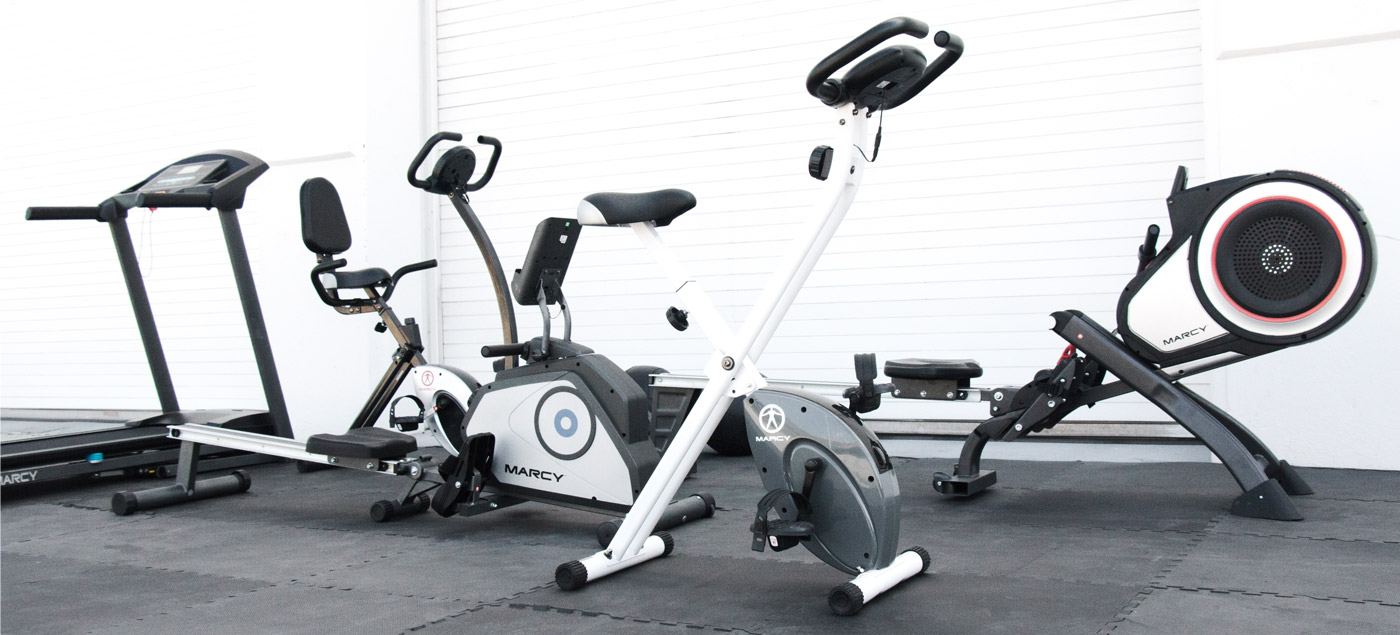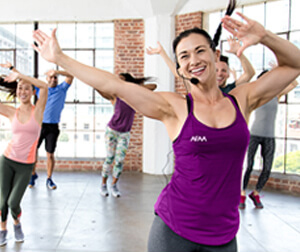
A Hawaii personal training helps tourists and locals maintain their bodies at peak fitness to enjoy the island’s many attractions. These professionals are often found in gyms, hotels and fitness centers. These professionals often provide personal training to their clients at their homes.
Personal Trainer Honolulu Salary
The average salary for a Hawaii personal trainer is $59,791 per year, which is above the national average of $43,288. This career has a wide range of salaries, which can vary according to your skillset, experience and location.
How to Become A Personal Trainer In Hawaii
A number of programs are available to help future personal trainers obtain the education needed to succeed in this rewarding profession. This includes the Bachelor of Science Kinesiology & Rehabilitation Science at University of Hawaii, Manoa and the Bachelor of Science Exercise & Sport Science at Brigham Young University, Laie.

How to Get Certified as a Personal Trainer in Hawaii
Hawaii does not offer a certification for personal training, but a number of national organizations do. They can certify you as a Group Fitness Instructor or a Personal trainer. These organizations may offer extensive educational opportunities as well as a range of other benefits such a discounted exam materials, networking opportunities and discount exams preparation materials.
How to become a Personal Trainer in Hawaii
In order to become a certified Hawaii Personal Trainer, you need to complete an intensive program which includes classroom learning and practical experience. It can last anywhere between six months and two years, and is typically offered by a university or college.
Hawaii personal trainers often specialize in one type of exercise, like weight training, resistance training, or aerobics. Also, they can help improve the overall health of their clients through nutrition, diet and lifestyle changes.
Developing Skills as a Hawaii Personal Trainer
In order to be a successful trainer on the islands, it is important to have good communication skills as well as the ability to motivate people. You should also be very patient and committed to your work.

How to get certified as an oahu trainer
The most effective way to become a professional personal trainer in the islands is to attend a school that offers a full-time course. These courses usually last for two weeks and combine classroom training with gym-based practical training. You can then complete an assessment to be fully qualified, which can take as little as four weeks.
FAQ
Do I gain weight from exercising?
Not at all. Exercise can actually help you maintain your weight. You can build muscle mass and speed up your metabolism by exercising regularly. This means you won't store as much fat in your body.
What is the importance of good nutrition?
Our health and well-being depends on our nutrition. Healthy diets include whole grains, fruits and vegetables as well as lean protein and dairy. Good nutrition is key to good overall health.
Do I need to eat before working out?
No. It doesn't matter what you eat before going to the gym. You might be hungry after a workout, so you may want to snack on fruit or yogurt.
Are there exercises I shouldn’t perform?
You should always consult with your doctor before starting any new workout routine. You may have injuries or other medical conditions that prohibit you from exercising in certain ways. You may also need special equipment or training for certain activities. Swimming, for instance, requires both a swimsuit as well as access to the pool.
What are Resistance Training Exercises?
Resistance training involves using weights or other objects to perform specific movements. Lifting weights, for example, can help strengthen your arms and shoulders, chest, backs, legs, core, and core. Resistance training promotes strength, muscle mass, and bone density.
What is exercise good for?
Exercise helps you lose weight and build muscle mass. It also increases energy levels, decreases stress, and improves sleep quality. You will experience improved moods and self-esteem as well as increased productivity and a lower risk of developing heart disease.
Statistics
- According to the Centers for Disease Control and Prevention, chronic diseases cause 7 out of 10 deaths in the U.S., and treating chronic diseases accounts for 86% of U.S. healthcare costs. (mana.md)
- In 2018, the World Health Assembly agreed on a global target to reduce physical inactivity by 15% by 2030 and align with the Sustainable Development Goals. (who.int)
- In high-income countries, 26% of men and 35% of women were insufficiently physically active, as compared to 12% of men and 24% of women in low-income countries. (who.int)
- One study showed that adults who watch more than 4 hours of television daily had an 80% higher risk of death from cardiovascular disease. (heart.org)
External Links
How To
How To Stay Fit At 40
This article provides guidance for people who want to keep their bodies strong and healthy, even after turning 40. It provides some basic advice about how to eat right and exercise well as how to take care of your mental wellbeing. This article offers tips for living longer and more healthy lives.
-
Eat right - It is important to eat the right food when you are trying to lose weight. You should steer clear of processed food products, and eat whole grains and fruits, vegetables, lean proteins, fish, eggs, nuts, seeds, beans and legumes. Do not eat what you don’t like. You can add another food to your daily diet. Do not starve yourself, this will not help with weight loss. Instead, try adding small amounts to your daily meals. You might try turkey if you don't eat chicken breast often. You might also enjoy rice if you like pasta. These foods should be a part of your daily life.
-
Exercise - Make sure to exercise at least three times per week. You should include cardio activities such running, swimming or biking. Get enough sleep. It is recommended that you sleep for at least 8 hours each night. Drink plenty of water throughout the day. Two liters (0.5 gallons), of water should be consumed each day.
-
Get enough sleep to stay healthy. According to the National Sleep Foundation, adults require 7-8 hours of sleep daily to maintain optimal physical and emotional health. Most people get less than 6 hours sleep each night. You might consider changing your sleeping patterns if you feel tired all day. Adjusting your schedule to go to bed earlier and waking up later will allow you to catch up on extra sleep. You can also turn off your smartphone before you go to sleep so you can relax and wind down. Avoid caffeine after noon. It can cause insomnia.
-
Take Care Of Your Mental Health - For a healthy body, it is important to take care of your mind. Stress can cause poor eating habits and unhealthy lifestyle choices. It is important to practice stress management techniques like meditation, yoga, breathing exercises, relaxation, and breathing exercises. Spend one hour doing something you enjoy. You can do this by going for a walk or reading, playing sports, listening to music, or watching TV.
These four simple steps will help you live a longer, healthier life. These simple steps will help you achieve your fitness goals.